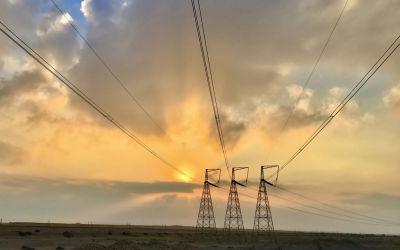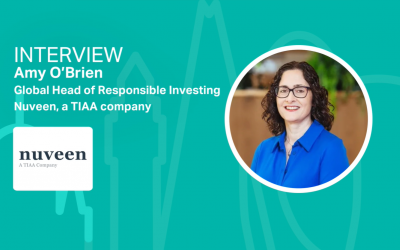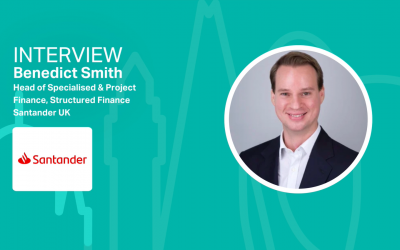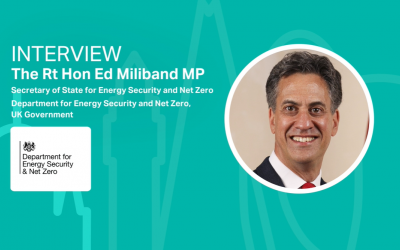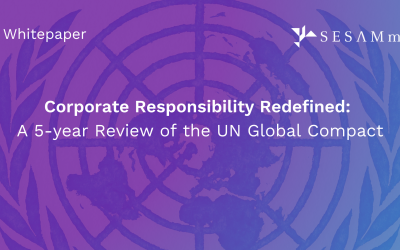Climate Innovation Forum Key Highlights
Leaders from government, finance, business, and civil society came together at the Climate Innovation Forum to accelerate the clean energy transition, unlock climate finance, and reaffirm the city’s role as a global hub for climate leadership and innovation.
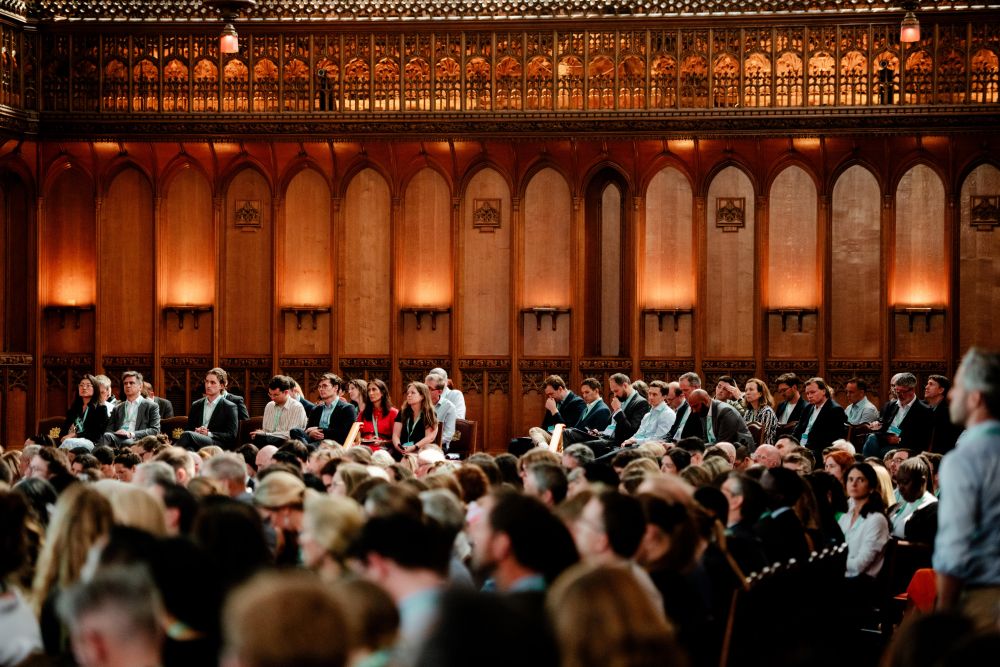
The Rt Hon Ed Miliband MP, Secretary of State for Energy Security and Net Zero delivered a clear vision for the UK as a clean energy superpower. Emphasising the dual opportunity to create a new generation of well-paid green jobs and secure long-term industrial resilience, he underscored the critical importance of corporate transition planning and sustainability reporting in delivering real-world impact.
Reaffirming London’s role as a global climate hub and a powerful convening point for those committed to turning innovation into real-world impact, Sir Sadiq Khan, Mayor of London opened the day with an announcement that Transport for London, the city’s largest single consumer of electricity, has awarded a multi-million-pound contract to supply solar power for the next 15 years. The move marks significant progress toward the capital’s goal of running 100% of its public transport on renewable energy by 2030.
The Mayor also unveiled a new Climate Finance Taskforce to help unlock the capital investment required to meet London’s net zero targets. “We must be doers, not delayers,” he said, calling on all sectors to act with urgency and ambition.
Piers Forster, Chair, Climate Change Committee presented the first assessment of the new UK Government’s emissions reduction progress. The findings highlighted some encouraging developments, including a decrease in national emissions over the past year.
In an era of political uncertainty and with big banks backing out of climate initiatives, Keith Tuffley (Race to Belém), Laurence Tubiana (European Climate Foundation) and Nick Mabey (London Climate Action Week) discussed how to ensure climate remains at the top of the global agenda and minimise financial pushback.
Representing the Forum’s headline partner, Husain Al Meer, (Masdar) reflected on global progress since the UAE Consensus and echoing the Forum’s spirit of innovation said, "We must build the energy systems of the future, not the past". Mr. Al Meer reinforced this in the following panel which discussed how to accelerate the uptake in renewables given deployment is still way below the global target, despite record-breaking growth.
Moderated by the Rt Hon Chris Skidmore OBE (Former UK Energy Minister, Chair, Climate Action Coalition), Benedict Smith (Santander), Elbia Gannoum (Brazil’s Special Envoy for Energy Affairs at COP30), Jennifer Morgan (Germany's former Special Envoy for International Climate Action) and Nigel Pocklington (Good Energy) the panel highlighted the need that in today’s difficult geopolitical climate, countries need to come together ahead of the COP.
Staying with the all important topic of accelerating the clean energy transition, Lord Adair Turner (Energy Transitions Commission) alongside Hakan Yilmaz (Carrier) and Michael Ding (Univers) outlined the variety of tools and levers to support the process from policy reform to AI.
The role of insurance was also a key theme of the day with Rowan Douglas (Howden) welcoming the growing acknowledgement of the ability of insurance to de-risk vital investment and Linda Freiner (Zurich Insurance Group) addressed the growing recognition that climate risk is financial risk.
How we finance the clean energy transition will be a key topic at COP30 with a particular focus on mobilising the USD $300 billion required by 2035. Amy O’Brien (Nuveen), Richard Mattison (MSCI), Linda Freiner (Zurich) and Stephanie Pfiefer (IIGCC), came together to discuss how to balance the need to deliver financial returns with sustainable investment and recognised that different investors will have to play different roles.
And with investment flows of $1.3 trillion per year required for Emerging Markets and Developing Economies (EMDEs) - building on the $300 billion annual public finance commitment secured at COP29, the role of private finance will be essential in meeting this target. Mary Schapiro (GFANZ) moderated a high-level discussion with Burkhard Kübel-Sorger (EBRD), Hendrik du Toit (NinetyOne) and Shriti Vadera (Prudential plc) to highlight why we need an increase in equity to finance the energy transition.
Cities as the frontlines of climate change was discussed by Cristina Gamboa (World Green Building Council), Jose La Loggia (Trane Technologies) and Mauricio Rodas, (Former Mayor of Quito) with the need for increased investment and financial autonomy necessary to help our urban areas build resilience to the increasing severity and frequency of climate change.
And the role of nature as one of our greatest allies in the fight against climate change, with the potential to be one third of global decarbonisation efforts, was in the spotlight in a discussion between Claire Lund (GSK), Clare Shakya, (The Nature Conservancy), Ruth Davis OBE (UK Special Representative for Nature) and Steven Bullock (S&P Global).
Wrapping the main plenary agenda for the day, H.E. Mukhtar Babayev, COP29 President acknowledged the COP30 President-Designate's call for a Global Mutirão and spoke about their collaboration on the finance roadmap to COP30 and Rachel Kyte, UK Special Representative on Climate said “there’s no turning back”. She emphasised the need to keep moving forward and reiterated that despite the challenging geopolitical situation, there is only one direction - the science hasn’t changed.

